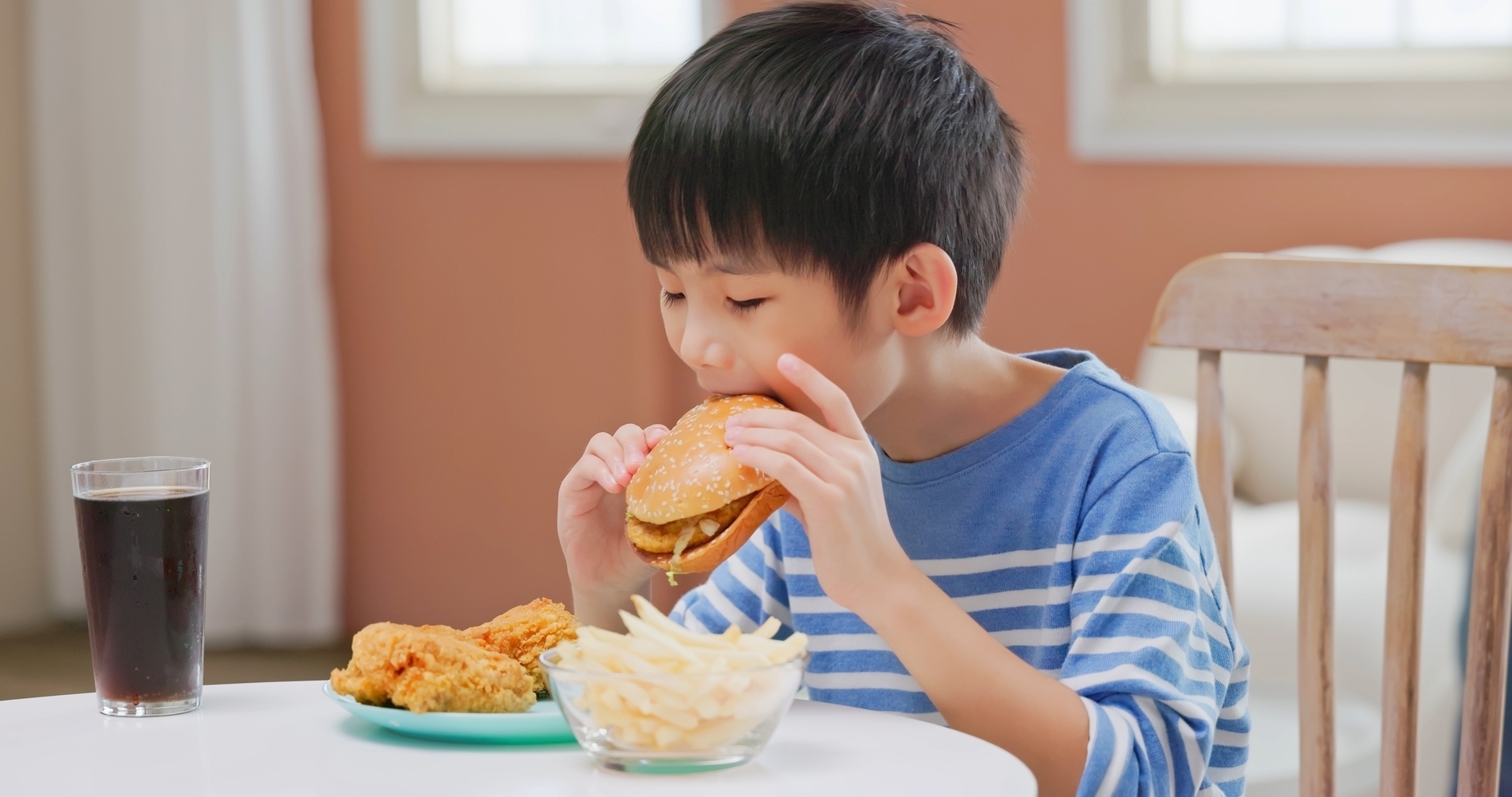
Protecting Kids: Foods Linked To Cancer And The Leading Research Organizations
When it comes to our kids, ensuring their health and safety is a top priority. As more studies emerge about the potential risks associated with certain foods, it becomes crucial to be informed. Some foods have been linked to an increased risk of cancer, and understanding these connections can help in making healthier choices for our children. Additionally, supporting institutions like children hospital cancer research, donating for children’s research, and identifying the best cancer research places to donate can make a significant impact in advancing our understanding and treatment of cancer.
The good news is that research organizations are tirelessly working to understand these links better and find ways to prevent and treat cancer. Institutions like National Cancer Institute (NCI), American Association for Cancer Research (AACR), American Cancer Society (ACS), MD Anderson Cancer Center, Cancer Research Institute (CRI), Breast Cancer Research Foundation (BCRF), National Comprehensive Cancer Network (NCCN), American Institute for Cancer Research (AICR), National Foundation for Cancer Research (NFCR), Fred Hutchinson Cancer Center.
Donating for cancer research at these cancer research organizations can provide support for groundbreaking studies and provide hope for countless families.
Let’s dive into the foods that have raised concerns and the leading organizations making strides in cancer research.
1. Processed meats
Bacon, sausages, and hot dogs might be popular among kids, but they come with a catch. Processed meats have been classified by the World Health Organization as Group 1 carcinogens, meaning there’s strong evidence they can cause cancer. These meats often contain preservatives like nitrates and nitrites, which can form harmful compounds in the body. Limiting consumption of these foods and opting for fresh, unprocessed meats can be a healthier choice for your little ones.
2. Sugary drinks
Sugary beverages, including sodas and certain fruit juices, are often packed with high levels of sugar. Not only can they lead to obesity and dental issues, but some studies suggest a link between high sugar intake and an increased risk of certain cancers. Encouraging kids to drink water, milk, or natural fruit juices can help reduce their sugar intake and promote better health.
3. Highly processed snacks
Those brightly colored, enticing snack packs might be convenient, but they’re often filled with artificial additives and preservatives. Some of these additives have been under scrutiny for potential cancer links. Opting for whole, less processed snacks like fruits, nuts, and yogurt can be a smarter choice for snack time.
4. Charred or grilled foods
That charred flavor from the grill might be delicious, but it can also be harmful. When meats are cooked at high temperatures, compounds called heterocyclic amines (HCAs) and polycyclic aromatic hydrocarbons (PAHs) can form, both of which have been linked to cancer. To minimize risks, try baking, steaming, or boiling foods instead, and if grilling, avoid charring the food.
5. Artificial sweeteners
While they might seem like a healthier alternative to sugar, some artificial sweeteners have been a topic of debate. Although research is ongoing, some studies have suggested potential links between certain sweeteners and cancer. It’s a good idea to keep an eye on emerging research and opt for natural sweeteners like honey or maple syrup when possible.
The good news is that research organizations are tirelessly working to understand these links better and find ways to prevent and treat cancer. Institutions like St. Jude Children’s Research Hospital and the Children’s Oncology Group are at the forefront of this battle. Donating for children’s research at these best cancer research places to donate can support groundbreaking studies and provide hope for countless families.
In conclusion, while it’s impossible to eliminate all risks, being informed about potential dangers and making conscious choices can help protect our children. By supporting reputable research organizations, we can contribute to a brighter, healthier future for kids everywhere. Remember, every small change counts, and together, we can make a difference.


